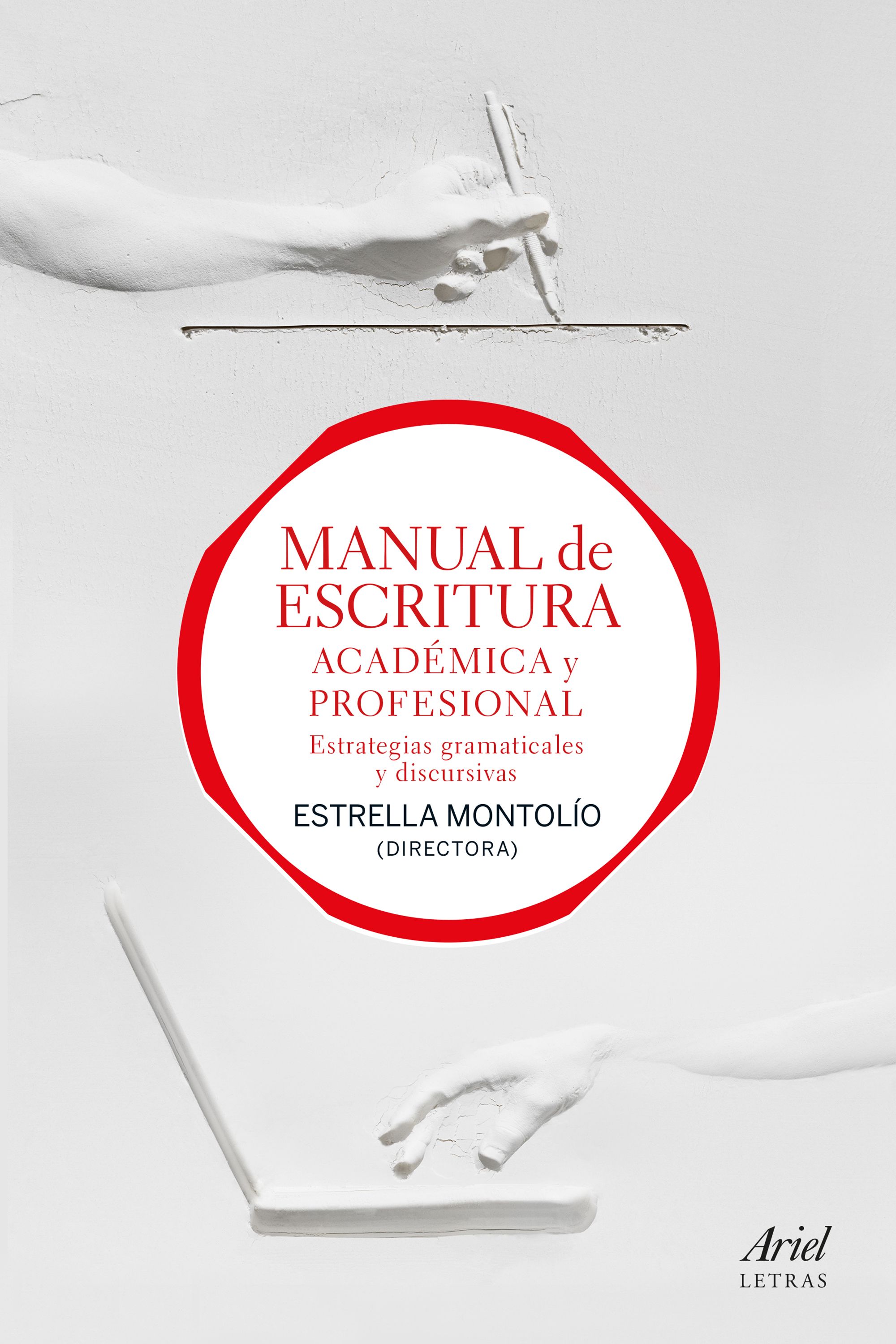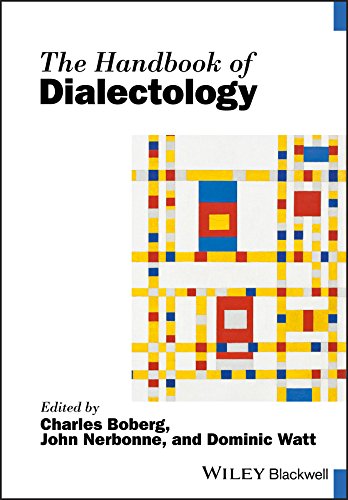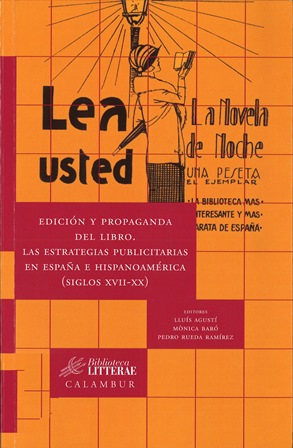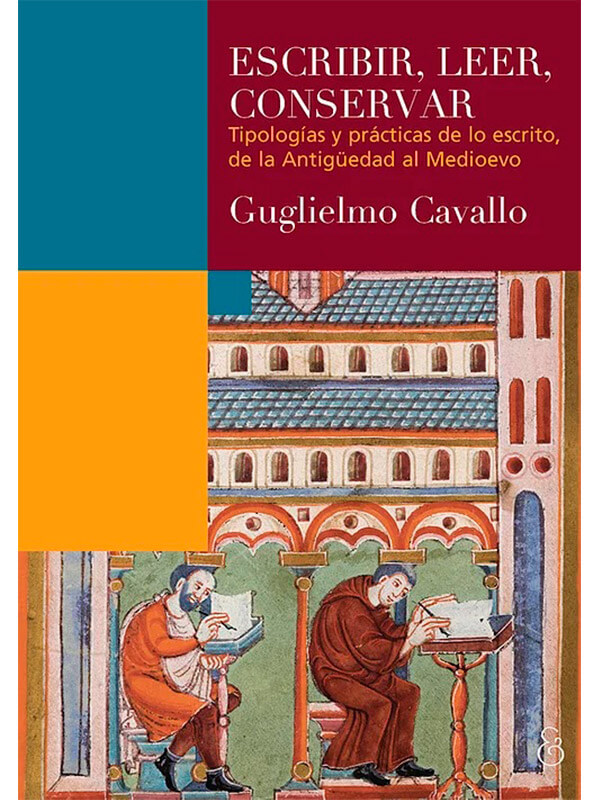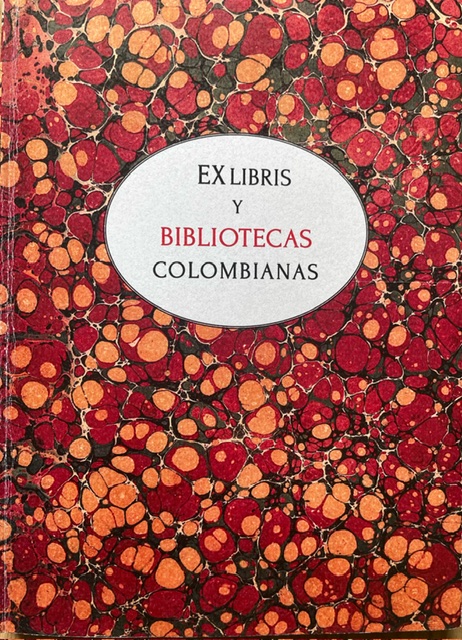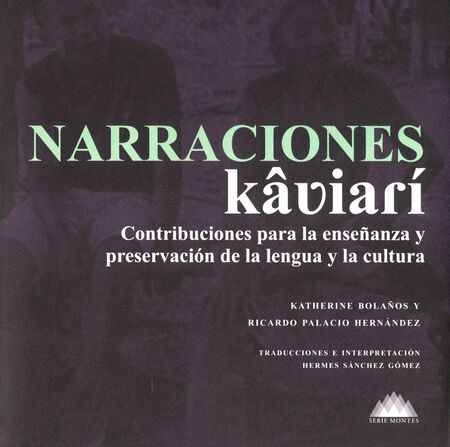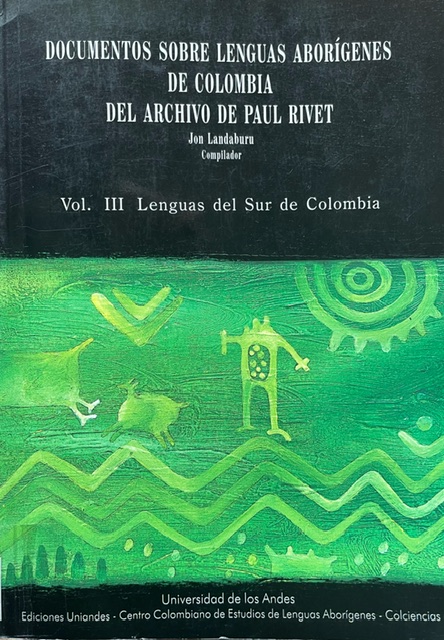| 000 -Líder |
|---|
| Campo de control de longitud fija |
07812nam a22002777a 4500 |
| 003 - Identificador del número de control |
|---|
| campo de control |
CO-BoICC |
| 005 - Fecha y hora de la última transacción |
|---|
| campo de control |
20171128101834.0 |
| 008 - Elementos de longitud fija -- Información general |
|---|
| Campo de control de longitud fija |
171127s2006 xxu||||fr|||| 001 0 eng d |
| 020 ## - ISBN |
|---|
| Número Internacional Normalizado del libro (NR) |
9780787979621 |
| 040 ## - Fuente de catalogación |
|---|
| Agencia de catalogación original |
CO-BoICC |
| Idioma de catalogación |
spa |
| 082 04 - Número de clasificación decimal Dewey |
|---|
| Número de la edición |
21 |
| Número de clasificación |
370.72 |
| Signatura librística |
L823m |
| 100 1# - Entrada principal -- Nombre personal |
|---|
| Nombre personal |
Lodico, Marguerite G., |
| 245 10 - Mención del título |
|---|
| Título |
Methods in educational research : |
| Parte restante del título |
from theory to practice / |
| Mención de responsabilidad, etc. |
Marguerite G. Lodico, Dean T. Spaulding, Katherine H. Voegtle |
| 260 ## - Publicación, distribución, etc. (Pie de imprenta) |
|---|
| Lugar de publicación, distribución, etc. |
San Francisco : |
| Nombre del editor, distribuidor, etc. |
Jossey-Bass, |
| Fecha de publicación, distribución, etc. |
2006 |
| 300 ## - Descripción física |
|---|
| Extensión |
xxiv, 413 págnas ; |
| Dimensiones |
24 cm. |
| 490 0# - Mención de serie |
|---|
| Mención de serie |
Education |
| 504 ## - Nota de bibliografía, Etc. |
|---|
| Nota de bibliografía, Etc. |
Incluye bibliografía e índice. |
| 505 0# - Nota de contenido con formato preestablecido |
|---|
| Nota de contenido con formato preestablecido |
Introduction to educational research. -- Educational research today. -- Educational research: using the scientific method. -- Philosophical frameworks for educatinal research. -- Scientific realism. -- Social constructivism. -- Advocacy or liberatory framework. -- Pragmatism. -- Types of approaches used in educational research. -- Basic versus applied research. -- Quantitative research approaches. -- Qualitative research approaches. -- Research approaches using qualitative or quantitative approaches (or both). -- identifying and researching a topic. -- Getting started. -- Developing ideas for research studies: possible topics. -- From topics to questions. -- Developing a more focused research question. -- Searching the literature. -- Type of sources. -- Finding sources. -- Summarizing information from articles. -- When do I have enough?. -- The research proposal. -- Preparing a research proposal. -- Why write a research proposal?. -- Anatomy of a research proposal. -- Measurement in educational research and assessment: preestablished instruments and archival data. -- Preestablished instruments and archival data. -- Types of preestablished measures. -- Archival data. -- Scales of measurement. -- Summarizing data using descriptive statistics. -- Frequency distributions. -- What is a typical or average? Measures of central tendency. -- Measures a variability. -- Types of scores used to compare performance on educational measures. -- Uses of correlational coefficients in evaluating measures. -- Evaluating the quiality of educational measures: reliability and validity. -- Reliability. -- Validity. -- Finding preestablished instruments. -- Reliabiliry and vilidity in archival data. -- Self-developed measured and qualitative measurement. -- Self-developed instruments. -- Developing scales for use in surveys. -- Likert scales. -- Smeantic differential scales. -- Establishing reliability and validity for surveys. -- Developing observational checklists. -- Reliability and validity for observational checklists. -- Developing measurement procedures and tools for qualitative studies. -- Use of observation. -- Observational protocols. -- Use of protocols. -- use of documetns and artifacts. -- Developing measurement tools for action research. -- Checklist and rating scales. -- Grading rubrics. -- Journals. -- Records and documents. -- Maps, photogaphs, and artifacts. -- Evaluating the quality of measures used in action research. -- Working with research participants: sampling and ethics. -- Selcting participants. -- Sampling in qualitative research. -- Samplig in quantitative research. -- Types of random sampling. -- Nonramdom samples. -- Sample size and survey response rates. -- Ethical issues and participants. -- Ethics in qualitative research. -- Ethics quantitative research. -- Descriptive-survey research. -- Research vignette. -- Characteristics of descriptive-survey research. -- Writting a research question. -- Writting subquestions. -- Steps for doing descriptive-survey research. -- Step 1: Desining and developing a survey or questionnaire. -- Step 2: Selcting the sample. -- Step 3: Piloting the survey. -- Step 4: Administering the survey. -- Types of survey studies. -- Designs that follow the same sample over time. -- Other types of descriptive research. -- Experimental research. -- Research vignette. -- Understanding experimental research. -- Steps in planning and conducting experimental research. -- Analyzing the data. -- Making a decision about the hypothesis. -- Formulating conclusions. -- Threats to experimental validity. -- Threats to internal validity. -- Threats to external validity. -- Single-subject research designs. -- Types of single subject research. -- External and internal validity. -- Nonexperiemntal approaches_ casual-comparative and correlational research. -- Causal-comparative research. -- Steps in casual-comprative research. -- Correlational research. -- Differences between causal-comparative research and correlational research. -- Displaying correlational rlationship. -- Relationship studies. -- Prediction studies. -- Steps in conducting a correlational studies. -- Sampling issues. -- Relaibility and validity of measurement. -- Staistical and practical importance. -- Careful selection of variables. -- Correlation and causation. -- Multiple regression. -- Analyzing quantitative data. -- Initial examination to quantitative data. -- Interpreting graphs. -- Interpreting measures of central tendency and variability. -- Beyond descriptive statistics: inferential statistics. -- Underlying concepts. -- Smaplig error. -- Critical concepts: the null hypothesis, statistical significance error. -- Analyzing data using inferential tests. -- Step 1: review the null hypothesis. -- Step 2: decide on probability level. -- Step 3: select the statistical tool. -- Step 4: Calculate the results of the statistical test and make decision about rejecting the null hypothesis. - Desing with more than one independent or dependent variable. -- Qualitative research. -- Understanding qualitative research. -- Steps in conducting qualitative research. -- Types of qualitative research. -- Ethnography. -- Case study research. -- Phenomenological research. -- Grounded theory. -- Evaluating qualitative research. -- Credibility. -- Dependability. -- Transferability. -- Promoting action and collaboration. -- Mixed-methods and action research. -- Mixed-methods research. -- Barriers to mixed-methods research. -- Mixed-method desing. -- Steps in conducting mixed-method studies. -- Evaluating mixed-methods research studies. -- Action research. -- Characteristics of action research. -- Steps in conducting action research. -- Types of action research. -- Evaluating action research. -- Organization and analysis of qualitative research data. -- overview of qualitative data analysis. -- Preparing and organization data. -- Reviwing and exploring data. -- Coding data into categories. -- Constructing descriptions of people, plces and activities. -- Building themes and testing hypotheses. -- Reporting and interpreting data. -- program evaluating in education. -- What is pragram evaluation?. -- What is program. -- Accessing and setting and participants. -- Collecting and using data. -- Changing practice. -- Reporting findings and recomendation. -- Formative and summative evaluation. -- Training in program evaluation. -- Internal or external evaluators. -- Role of the program evaluator in delivering bad news. -- Types or models of program evalaution. -- Educational research can make a difference. -- Researches who hace made a difference. -- Researchers working at colleges and universities. -- Researchers working in schools and community organizations. -- Appendix A: Sample qualitative proposal. -- Appendix B: sample quantitative proposal. -- Appendix C: Calculation of the stand deviation. |
| 541 ## - Nota de fuente inmediata de adquisición |
|---|
| Fuente de adquisición |
MERCAWORLD |
| Método de adquisición |
Compra |
| Fecha de adquisición |
04/05/2017 |
| Precio de compra |
Factura - 7243 |
| 591 ## - Áreas temáticas |
|---|
| Áreas temáticas |
Lenguaje y lenguas |
| 650 17 - Asiento secundario de materia -- Término temático |
|---|
| Fuente del encabezamiento o término |
LEMB |
| Término temático o nombre geográfico como elemento de entrada |
Educación |
| Subdivisión general |
Investigaciones |
| -- |
Metodología |
| 650 17 - Asiento secundario de materia -- Término temático |
|---|
| Fuente del encabezamiento o término |
LEMB |
| Término temático o nombre geográfico como elemento de entrada |
Investigación científica |
| Subdivisión general |
Metodología |
| 700 1# - Asiento Secundario--Nombre personal |
|---|
| Nombre personal |
Spaulding, Dean T., |
| 700 1# - Asiento Secundario--Nombre personal |
|---|
| Nombre personal |
Voegtle, Katherine H., |
| 942 ## - Tipo de Material (KOHA) |
|---|
| Tipo de Item |
Libros |




